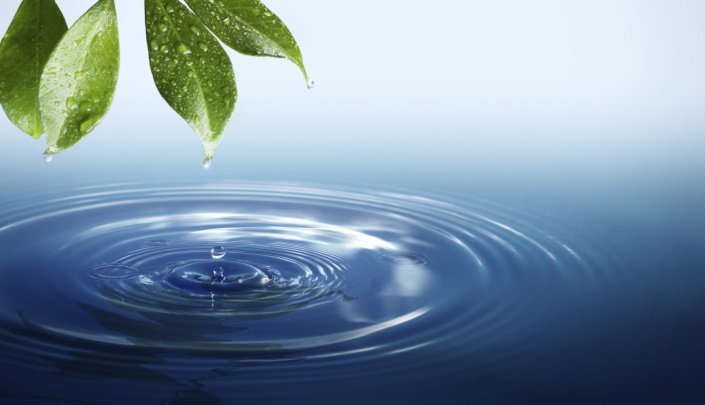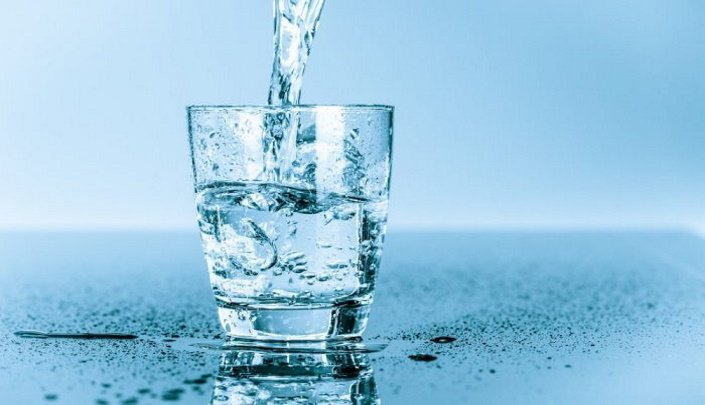

As we all know that water is a universal solvent that means almost all the particles available in the universe get dissolve in the water molecules. Pure water is a tasteless, odorless, and colorless liquid that is formed by the combination of the atoms of the hydrogen and oxygen. But the water we intake at our home has significant taste due to the presence of the minute quantities of minerals like bicarbonate, sulfate, calcium, magnesium, sodium, potassium, chloride. Water is usually distinguished as hard water and soft water as per their touch and feel and based on the mineral content present in them.
Hard water is the one that contains a high amount of minerals like calcium and magnesium whereas soft water is the one that has a higher concentration of sodium and other salts.
Soft water produces lather in a large quantity while washing clothes, dishes, or even hand and a little taste of sodium are felt while drinking the hard water, whereas hard water doesn’t produce a great amount of lather and leaves the mineral stains on clothes and hands after washing. Also, hard water can also be felt by touch.
There is no much health risk reported on using the hard water on our body but few disadvantages are turning skin and hair dry after washing with the hard water. The minerals present may change the pH balance of the skin and making skin more vulnerable to the bacteria.
The intake of hard water may benefit due to the presence of a higher concentration of minerals like calcium and magnesium but it is recommended to intake hard water in a limited quantity as the excess deposition of minerals in the body is harmful.
There are more benefits of soft water compared to the hard water. Soft water is preferred for cleaning, bathing as it is more favorable using soap.
Hard water can also be converted into soft water by mixing water softener in it. A water softener is an insoluble substance that is coated with positively charged positive ions. This process requires ongoing maintenance.














